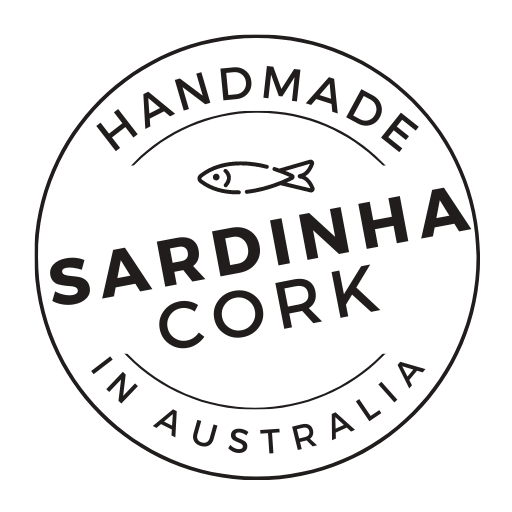About Cork
Montados of Portugal
Cork originates from the "montados", a delicate and protected cork oak forest ecosystem found in Portugal which has been used to produce cork for centuries. The Alentejo is a mystical place of gliding plains, mountains and the largest cork forest in the world which produces more than half of the worlds total cork supply. The "montados" are a haven for wildlife which is a home for over forty-two bird species, many of them rare, and a rich variety of butterflies and plants.
Cork Harvest
The cork oak is the only tree that can regenerate its bark. To harvest the cork, the outer bark is extracted from the cork oak every 9 years. The tree is protected by an inner bark which is always left on the tree. Cork is harvested from early May to late August when the cork can be separated from the tree without causing any permanent damage. The harvested bark is left to dry before being purified in boiling water. It is then shaved into thin sheets and then glued to a cotton/polyester backing to make cork fabric.
Cork by Design
Cork is natural, renewable, sustainable, eco-friendly, biodegradable and animal cruelty-free. Cork is super soft, light as a feather, durable, water-resistant, hypoallergenic and easy to clean. So light it actually floats, air makes up over 50% of the corks volume. Cork can handle great pressure without breaking and returns to its original shape after stretching it. The walls of cork cells are covered in suberin and ceroids, making it practically impermeable to liquids and gases. Its great resistance to moisture avoids oxidation and decay which means it will age without deteriorating. Cork does not absorb dust which makes it hypoallergenic.

